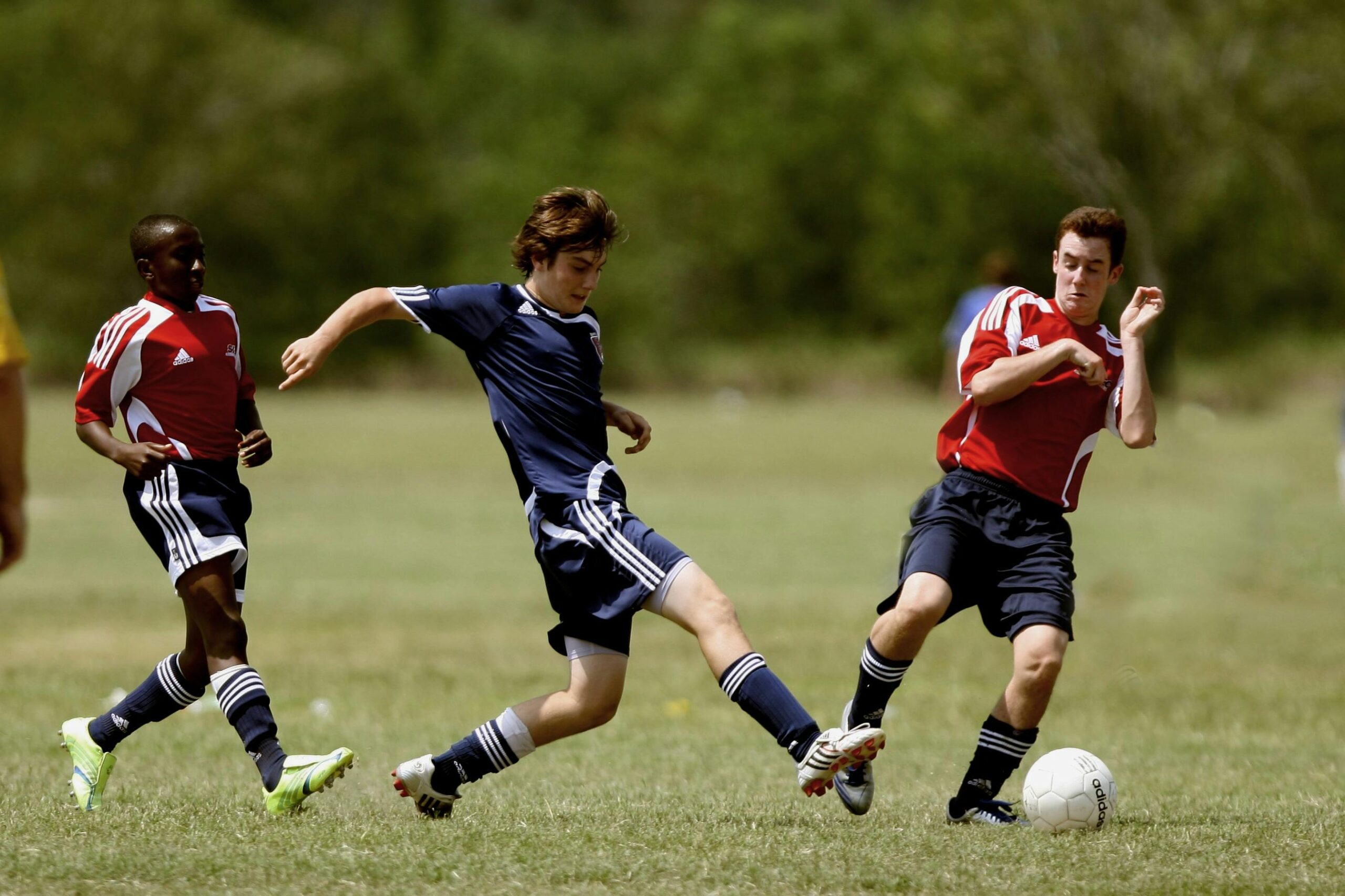Preparing for the winter sports season requires a proactive approach to prevent injuries and maintain peak performance.
Physiotherapy plays a crucial role in injury prevention by focusing on strength, flexibility, and proper technique.
Here are some essential physiotherapy tips to help you stay injury-free:
- Pre-season assessment: Before diving into intense training, schedule a pre-season assessment with a physiotherapist. This evaluation will identify any underlying weaknesses or imbalances that could increase your risk of injury during the season.
- Strength training: Incorporate a comprehensive strength training program into your routine. Focus on exercises that target the muscles used in your specific winter sport, including legs, core, and upper body. Building strength helps improve stability and resilience, reducing the likelihood of injuries.
- Flexibility and mobility: Flexibility is key to preventing muscle strains and tears. Perform dynamic stretches before workouts to improve mobility and enhance performance. Additionally, include static stretching at the end of your sessions to maintain or increase flexibility.
- Proper technique: Work with a coach or instructor to ensure you’re using proper technique in your sport. Incorrect form can place undue stress on your body and increase the risk of injury. A physiotherapist can also provide guidance on technique correction and biomechanics.
- Gradual progression: Avoid sudden spikes in training intensity or volume, as this can overload your muscles and joints, leading to injuries. Gradually increase the duration and intensity of your workouts to allow your body to adapt and strengthen over time.
- Cross-training: Incorporate cross-training activities into your regimen to prevent overuse injuries and enhance overall fitness. Activities such as swimming, cycling, or yoga can help improve cardiovascular health, flexibility, and muscle balance.
- Rest and recovery: Adequate rest is essential for injury prevention and performance optimization. Allow time for recovery between workouts, and prioritize quality sleep to support muscle repair and regeneration.
- Nutrition and hydration: Fuel your body with proper nutrition to support your training and recovery. Stay hydrated and consume a balanced diet rich in lean proteins, complex carbohydrates, and essential vitamins and minerals.
- Injury management: If you experience any signs of injury or discomfort, address them promptly with the help of a physiotherapist. Ignoring minor issues can lead to more severe problems down the line.
- Equipment check: Ensure your gear and equipment are in good condition and properly fitted to your body. Ill-fitting equipment can contribute to poor biomechanics and increase the risk of injury.
By following these physiotherapy tips, you can reduce your risk of injury and perform at your best throughout the winter sports season.
Remember to listen to your body, prioritize injury prevention, and seek professional guidance when needed.

